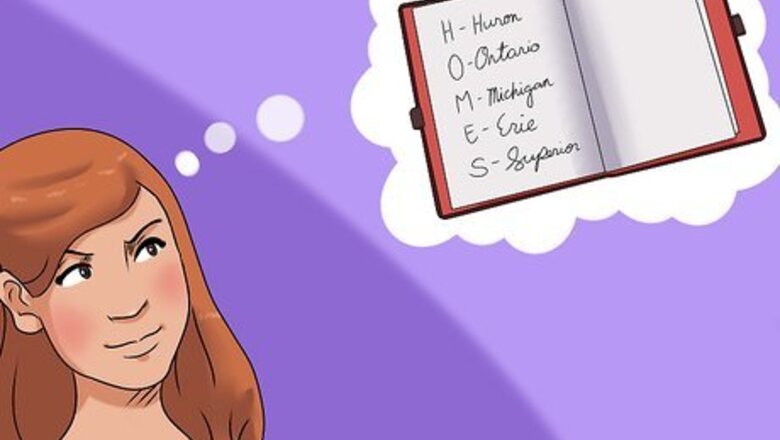
views
Using Memory Devices
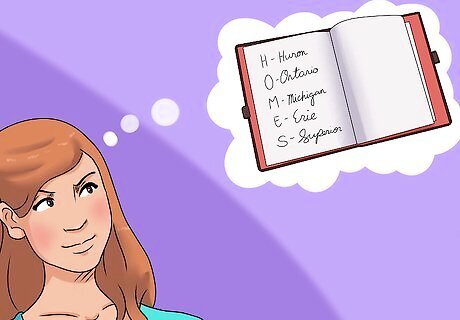
Learn HOMES. HOMES is the most popular mnemonic device used to remember the Great Lakes. Each letter in HOMES stands for a different lake. If you can remember HOMES (as in, the lakes provide HOMES for many species of birds and fish) you'll be able to remember the five lakes. Here's what each letter stands for: H is for Huron. O is for Ontario. M is for Michigan. E is for Erie. S is for Superior.
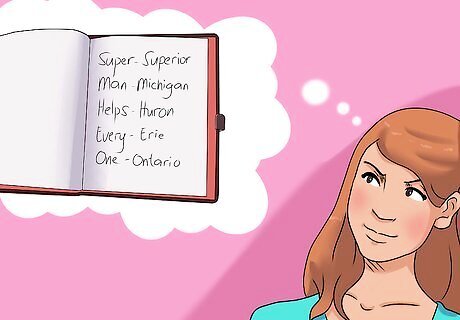
Remember "Superman Helps Every One". If thinking about a superhero is likely to get your brain's wheels turning, this mnemonic might be the one for you. The first letter of each word in Superman Helps Every One stands for a lake. This lists the lakes geographically from West to East, which can come in handy if you're labeling a map. Remember: S is for Superior. M is for Michigan. H is for Huron. E is for Erie. O is for Ontario.
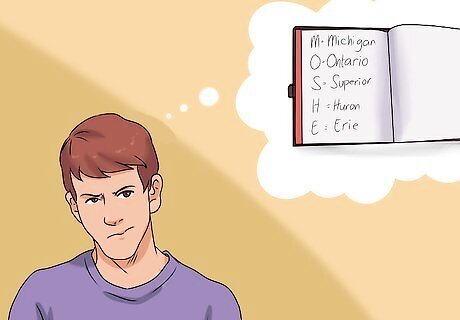
Recall the Hebrew name for Moses, Moshe. The name Moshe means "to pull or draw out of water," just as Moses was pulled out of water as a baby. Since there's water involved, remembering the name Moshe might help you remember the lakes. As a reminder, M is for Michigan. O is for Ontario. S is for Superior. H is for Huron. E is for Erie.
Learning More About the Lakes

Learn about Lake Superior. It's called Superior because it is larger than all of the other Great Lakes combined. This gigantic lake contains 10 percent of all the world's fresh surface water. Lake Superior touches Michigan, Wisconsin, Minnesota, and the Canadian province of Ontario, and is the western-most lake of the five. A few more interesting facts: It's home to 88 species of fish. It can produce waves as high as 40 feet tall. Some of the world's oldest rocks can be found on its shore.
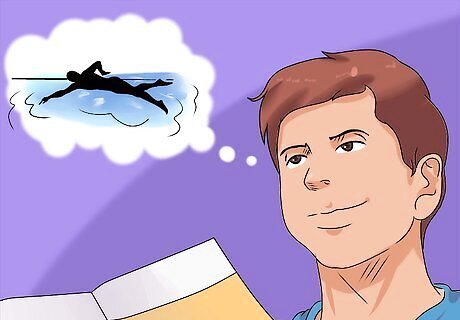
Learn about Lake Michigan. Lake Michigan is the only lake to be located entirely within US borders. It's the third largest lake of the group. Chicago, Illinois and Milwaukee, Wisconsin are two major cities located along the lake. In addition, The lake is home to a metallic eel species called sea lamprey. The Petoskey stone, a pebble-shaped coral, is located on its shores, and it's Michigan's state stone. Since in summer the water is warm enough to swim in, Lake Michigan is sometimes referred to as the United States' third coast.
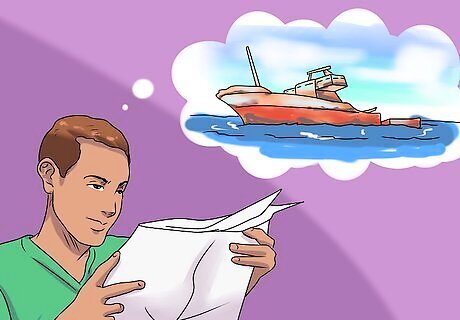
Learn about Lake Huron. This lake has the longest shoreline of all the Great Lakes. By surface area, it is the second largest great lake and the fifth-largest lake in the world. It is home to 30,000 islands. Also of note: More than 1,000 shipwrecks have taken place there. It is named for the Wyandot Indians, or Huron, who used to live there. The surrounding areas are remote and sparsely populated.
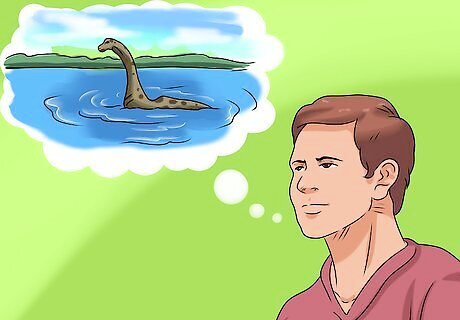
Learn about Lake Erie. Lake Erie has the greatest temperature fluctuations of all the Great Lakes; it's the warmest in the summer, but it freezes over the most often in winter. Many major cities sit along the shore, including Buffalo, New York; Toledo, Ohio; Cleveland, Ohio; and Erie, Pennsylvania. The lake's main outlet is Niagara Falls. In addition, The lake played a significant role in the War of 1812. It has it's own legendary lake monster, named Bessie. It's home to the Erie Canal, one of the gateways to the west.

Learn about Lake Ontario. Lake Ontario is the smallest and easternmost lake of the bunch. It lies right at the base of Niagara Falls. It has nearly 2,000 islands, many located in the Thousand Islands region near the US-Canada border. Also of note about this lake: It has a rich history of commerce and trade. The area around the lake has the perfect climate for growing fruit trees. The lake is home to a number of migratory birds.
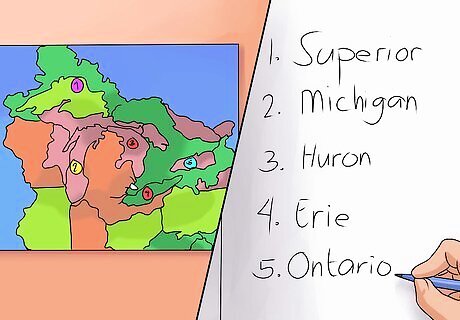
Test yourself by looking at a map. Now that you know the Great Lakes backwards and forwards, look at an unlabeled map and try to figure out which lake is which. Writing down the names and one or two facts about each lake will help cement the five lakes in your memory.













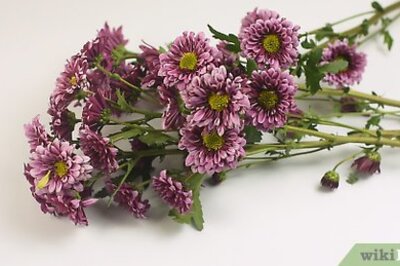





Comments
0 comment